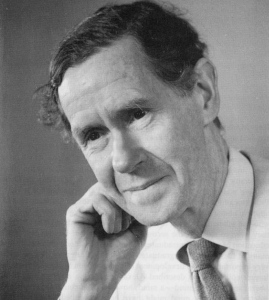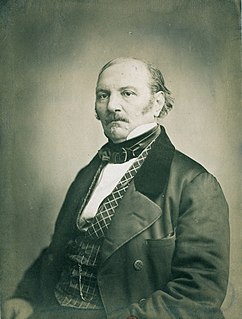A Quote by David Hume
If God is omnipotent, omniscient and wholly good, whence evil? If God wills to prevent evil but cannot, then He is not omnipotent. If He can prevent evil but does not, then he is not good. In either case he is not God.
Related Quotes
We are compelled by the theory of God's already achieved perfection to make Him a devil as well as a god, because of the existenceof evil. The god of love, if omnipotent and omniscient, must be the god of cancer and epilepsy as well.... Whoever admits that anything living is evil must either believe that God is malignantly capable of creating evil, or else believe that God has made many mistakes in His attempts to make a perfect being.
I think that if there were a God, there would be less evil on this earth. I believe that if evil exists here below, then either it was willed by God or it was beyond His powers to prevent it. Now I cannot bring myself to fear a God who is either spiteful or weak. I defy Him without fear and care not a fig for his thunderbolts.
The gods can either take away evil from the world and will not, or, being willing to do so, cannot; or they neither can nor will, or lastly, they are both able and willing. If they have the will to remove evil and cannot, then they are not omnipotent. If they can, but will not, than they are not benevolent. If they are neither able nor willing, then they are neither omnipotent nor benevolent. Lastly, if they are both able and willing to annihilate evil, how does it exist?
God is omnipotent; God is wholly good; and yet evil exists. There seems to be some contradiction between these three propositions, so that if any two of them were true the third would be false. But at the same time all three are essential parts of most theological positions: the theologian it seems, at once must adhere and cannot consistently adhere to all three.
When one has once accepted and absorbed Evil, it no longer demands the unfitness of the means. The ulterior motives with which youabsorb and assimilate Evil are not your own but those of Evil.... Evil is whatever distracts. Evil knows of the Good, but Good does not know of Evil. Knowledge of oneself is something only Evil has. One means that Evil has is the dialogue.... One cannot pay Evil in installments--and one always keeps on trying to.
God is the creator of all things, right? He is the force that dictates the laws of the universe, and is therefore the ultimate source of ethics. He is absolute morality... We claim to be doing good. But the Lord Ruler - as God - defines what is good. So by opposing him we're actually evil. But since he's doing the wrong thing, does evil actually count as good in this case?
God did not create the evil. He established the laws which are always good because he is good. The spirits would have been completely happy had they faithfully observed the law since the beginning. But, being free to make choices, the spirits have not properly obeyed them so that evil come as a consequence of this unwillingness. One can then say that good corresponds to everything which is in accordance with God's law while evil is everything which opposes it.
People are tempted to think (understandably) that if God were really good He'd never allow any evil in the world at all. But I don't think a perfectly good God would never permit any evil, and neither would others, I wager, if they thought about it. Rather, I think that a good God always prevents suffering and evil unless He has a good reason to allow it. That's the crux.
Evil is thus a kind of parasite on goodness. If there were no good by which to measure things, evil could not exist. Men sometimes forget this, and say, there is so much evil in the world that there cannot be a God. They are forgetting that, if there were no God, they would have no way of distinguishing evil from goodness. The very concept of evil admits and recognizes a Standard, a Whole, a Rule, an Order. Nobody would say that his automobile was out of order if he did not have a conception of how an automobile ought to run.






































